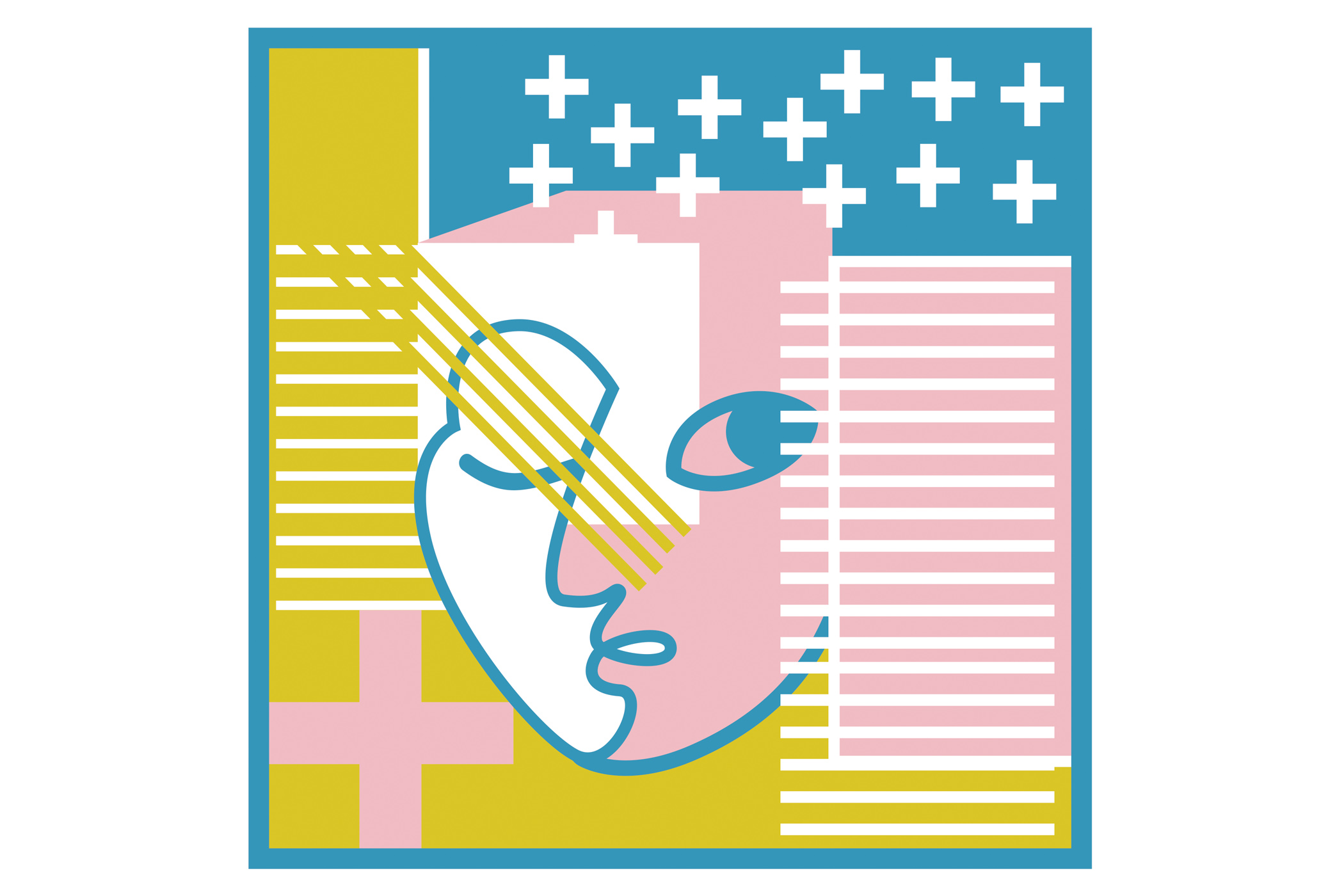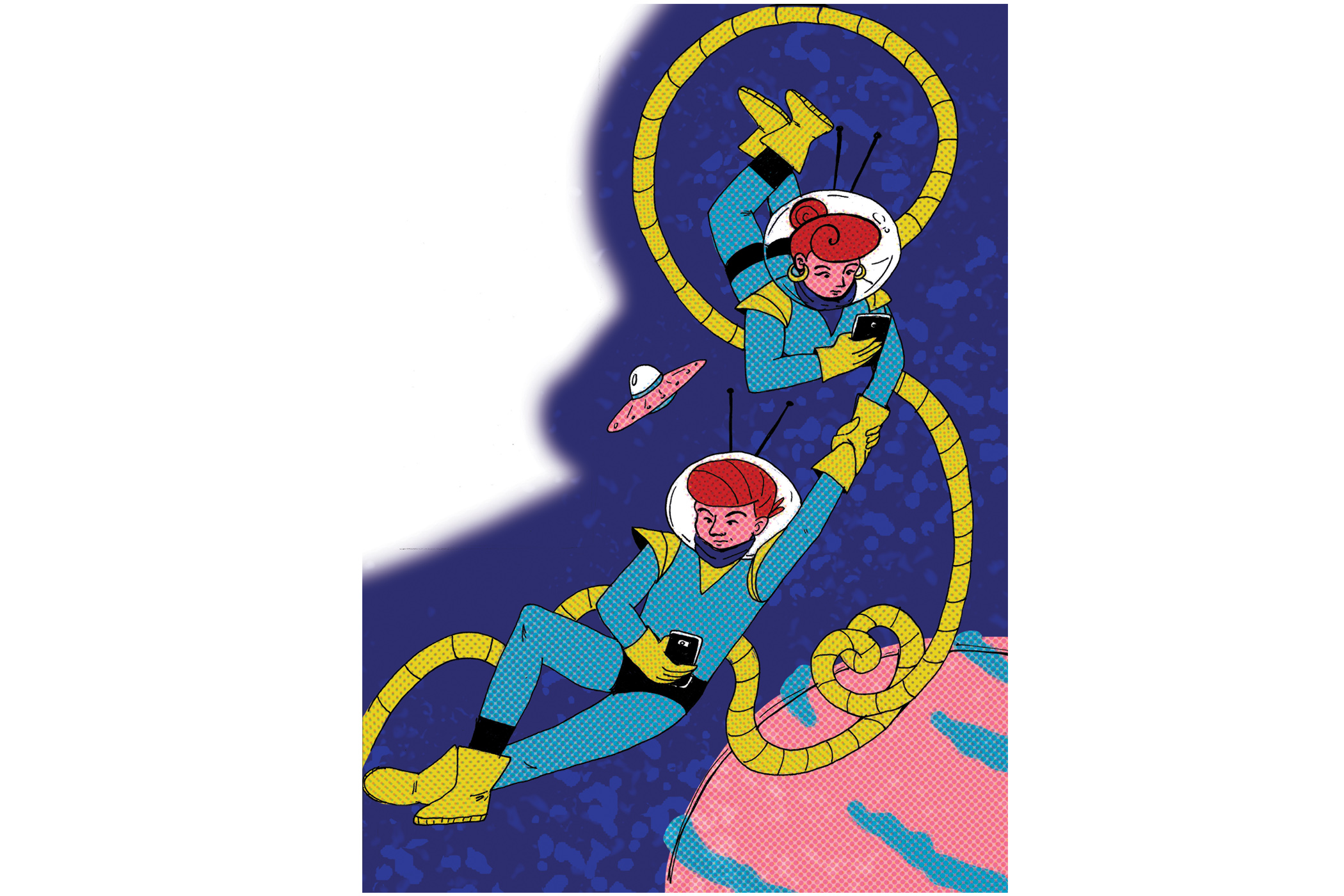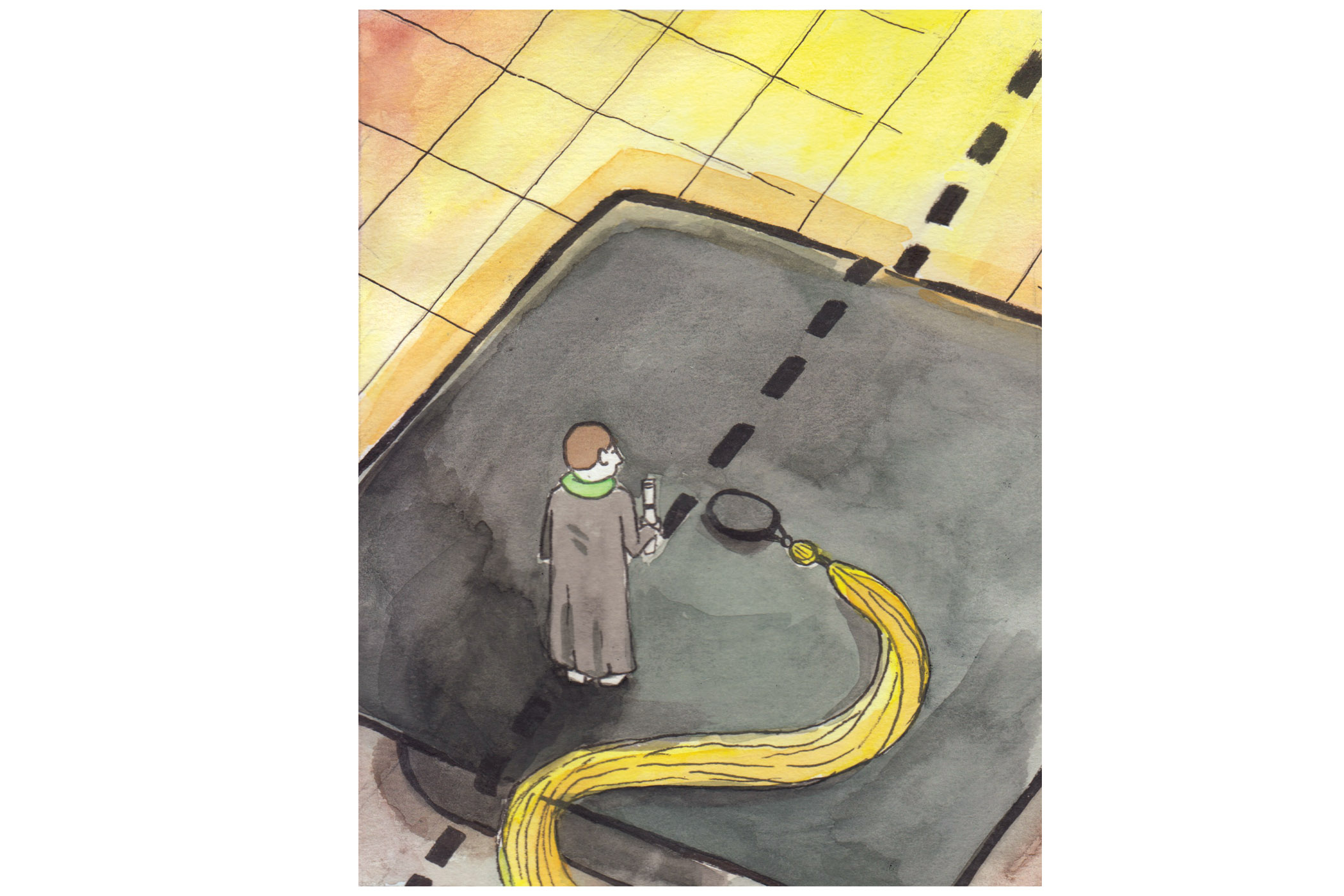It is estimated that more than 1.2 million people in the United States and a total of 36.7 million people worldwide are living with HIV infection. Because the infection can become life-threatening, it is stigmatized.
A positive diagnosis can be very difficult to process.
It is extremely important to get tested for sexually transmitted disease often and after every new partner. If you are tested and faced with a positive status, there are some important steps to take to put yourself on a path of healing emotionally and to protect your physical health.
First things first: Go see a doctor.
Talking with your doctor and specialists to understand your diagnosis and get all of the medical information that is available should be the top priority. Become knowledgeable about the disease that is now a part of your life so that you can become more aware of how to protect your health. You’ll also know exactly what is going on with your body.
After being positively diagnosed with HIV, or any incurable disease or condition, stages of grief are likely to be experienced including denial, anger, bargaining, depression and acceptance. You will most likely feel all kinds of conflicting and difficult emotions if you experience something like this, and taking the time to process and grieve is an important step in healing.
It is especially normal to experience anger and depression. Whether you feel anger at the person or situation that may have given you this disease or anger towards yourself, it is a normal reaction. Being able to feel and work through that anger is healthy, but coming to terms with it and forgiving yourself or others could help in processing this as well.
Depression is also a very common and difficult emotion that may accompany a positive diagnosis. Similar to anger, being able to feel and work through this emotion is healthy. It is also important not to blame or hate yourself for the things happening to you: You are human and you can still live life the way you want to—only now you’ll be living life with a few alterations.
Navigating these complex emotions can be difficult to do on your own, so finding support is essential. However, telling friends and family can be difficult, so don’t feel pressure to disclose your status to them right away. You are allowed to take your own time to process first. When or if you are ready, confiding in someone you trust can really help.
There are even support groups online and in person that can help you process your diagnoses and learn how you can still live a happy, healthy and successful life.
The Cascade Aids Project is a local, established center for support that tailors to the needs of those most often affected by HIV in Oregon and Southwest Washington. Their mission? “We support and empower all people with or affected by HIV, reduce stigma, and provide the LGBQ+ community with compassionate healthcare,” as stated on the organization’s website.
Seeing a mental health counselor may also be beneficial in dealing with an HIV positive status. A professional is trained to help people through difficult life challenges such as this. Finding a counselor that you trust and can connect with can be a challenge, but a challenge that could greatly pay off and help you in the end.
After you have grieved, accepted and found support, it is possible to find strength and hope in your diagnosis. You can become an advocate for changing the stigma around HIV, helping to educate people about safe sex or fighting to prevent the spread of HIV.
By going through this immense challenge and hardship, you will undoubtedly become a stronger individual because of it.
A positive status does not mean that you will never be a happy, healthy person again. You will, and you are.






